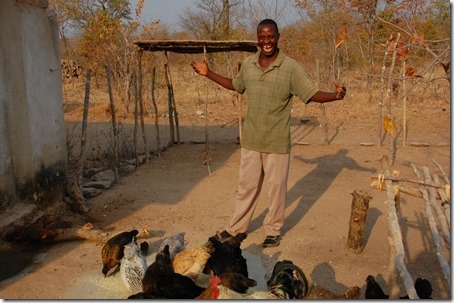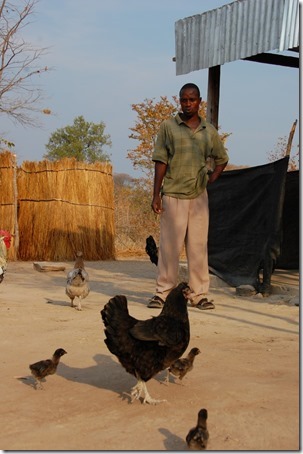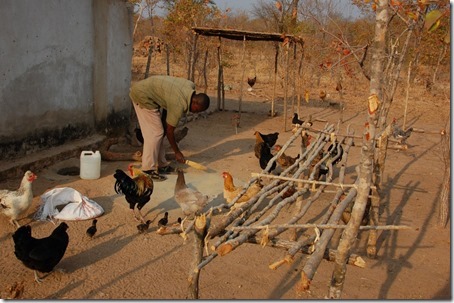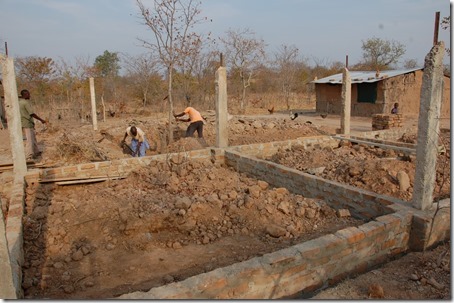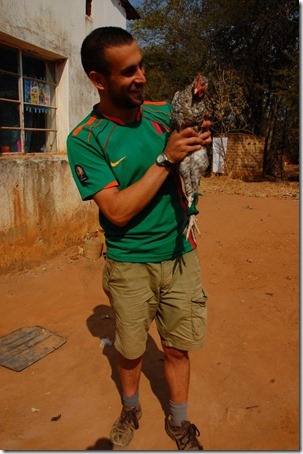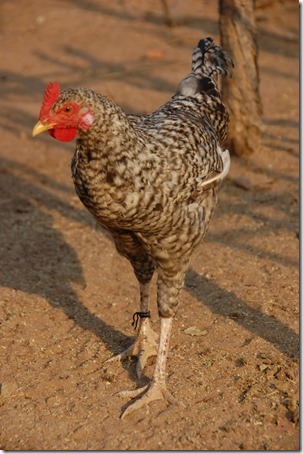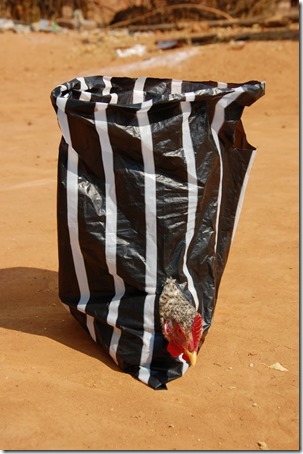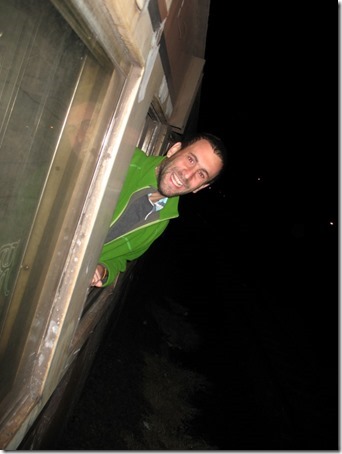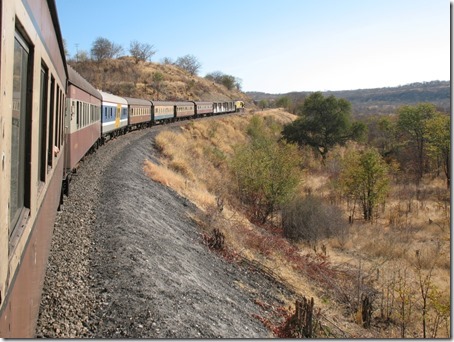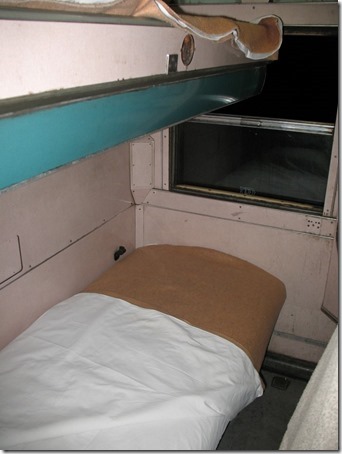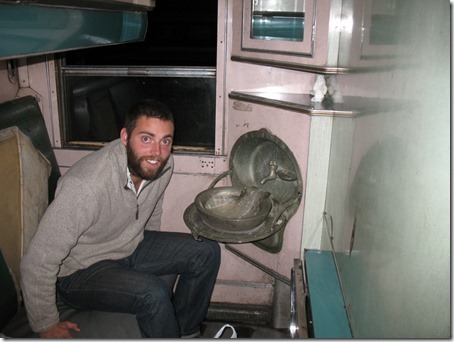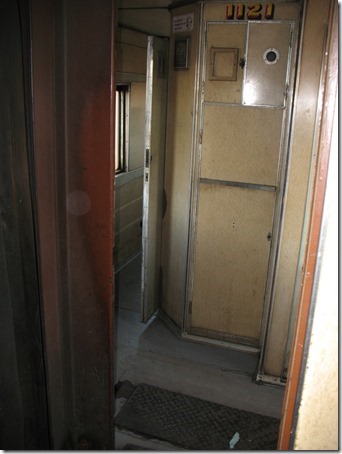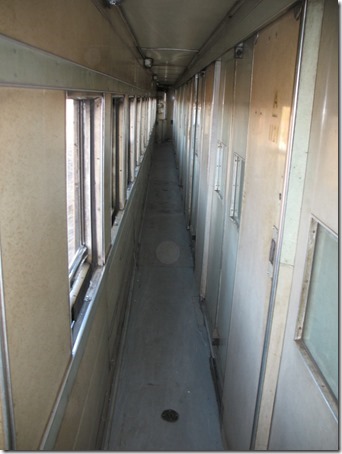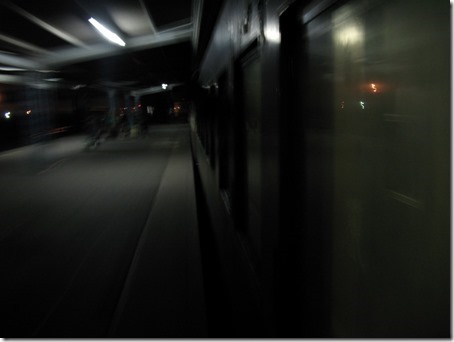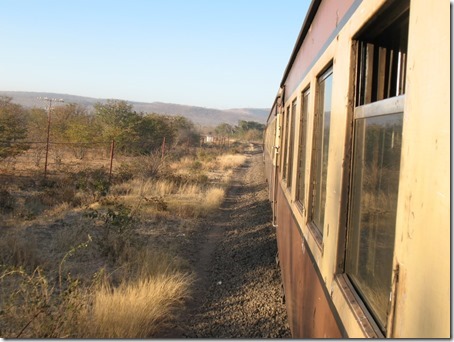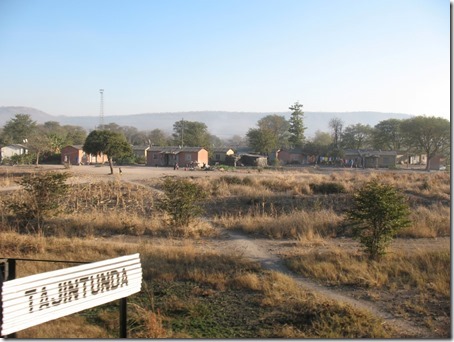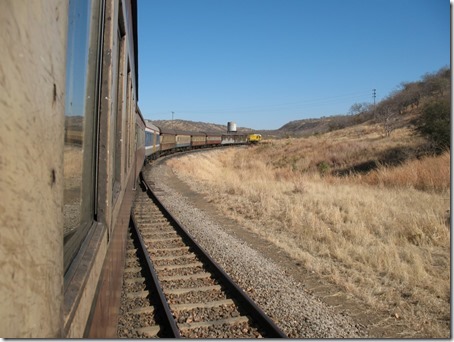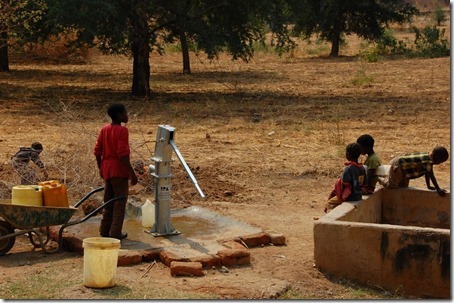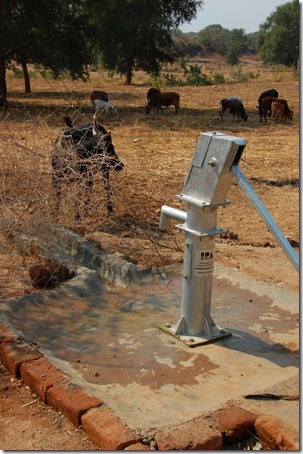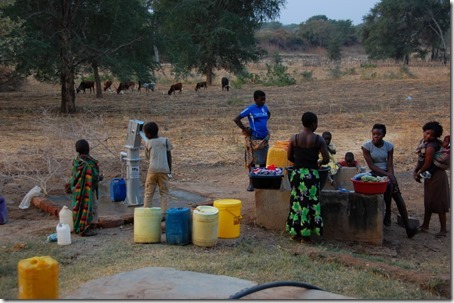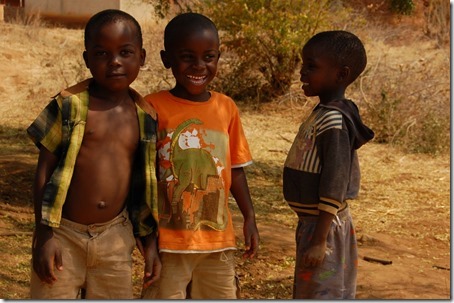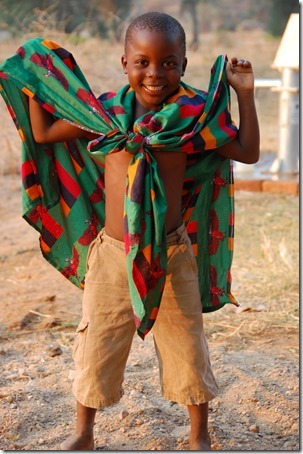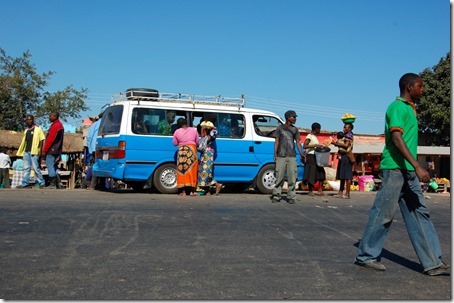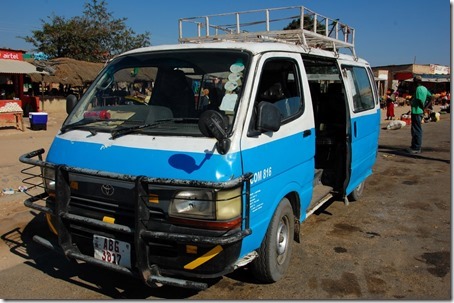The last couple weeks I’ve been away from my “home” in Siansowa. I’ve been staying with a host family of sorts. They’re not quite a host family, but Andrew and I are working with them on our project and have therefore been staying with them in Sinazeze, a town about an hour and half from Siansowa. I’m sleeping in a tent, but all our meals are eaten with the family. They’ve treated us great. I’d be getting fat if I stayed here much longer.
The family consists of Foster and Irene and their 3 kids. Other relatives are always around, adults and kids.
Foster and Irene had to go away to a funeral for a few days. They took their young baby with them. This left Chocho, a 12 or 13 year old girl, and Lulu, a 5 or 6 year old boy, by themselves at home. Sure, they’re not completely on their own, they have relatives around, but they have to manage the day-to-day by themselves.
Chocho’s a rockstar. Even with her parents around, she’s always working. Cooking, cleaning, fetching water, taking care of the baby and countless other household chores. While the boys are off gallivanting and causing ruckus, the girls are at home working. It doesn’t seem fair. I feel guilty when I’m sitting on a couch and a 13 year old girl is waiting on me, bringing me tea and fritters.
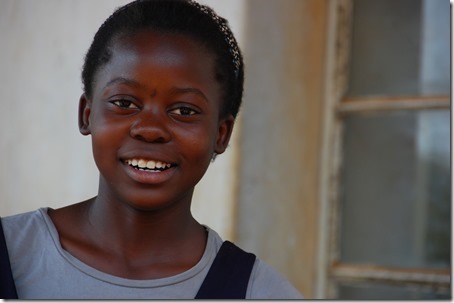
Now that she’s in charge of the household, she’s taken it to the max. When she’s not at school, not only is she taking care of her little brother (and also her little cousin of about the same age), cooking for him, cleaning up after him, making sure he gets ready for school and giving him a bath, but she’s taking care of Andrew and I as well. She’s cooking for us (I love her cooking, she only uses moderate amounts of salt), cleaning the house, even heating up the water for my bucket bath. She’s great.
I have no problem with kids helping out around the house (of course I had a problem with it while I was a kid). I do have a problem with the inequalities between boys and girls here. Girls are expected to help out around the house and take care of their younger siblings starting at a very young age. Boys seem to get to just hang around, doing whatever they want. Boys get to kids. Girls seem to lose their childhood very early on.
Don’t get me wrong, Chocho is still a kid. She likes playing volleyball at school, she likes running around with friends, she likes to have fun. She’s just a kid with adult responsibilities.
I wonder what the situation here would look like if the genders of the kids were reversed. If the older kid was a boy and the younger one was a girl.
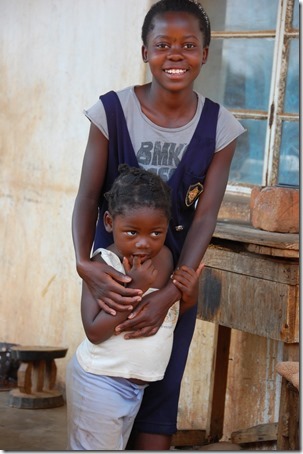
Chocho taking care of her little niece

